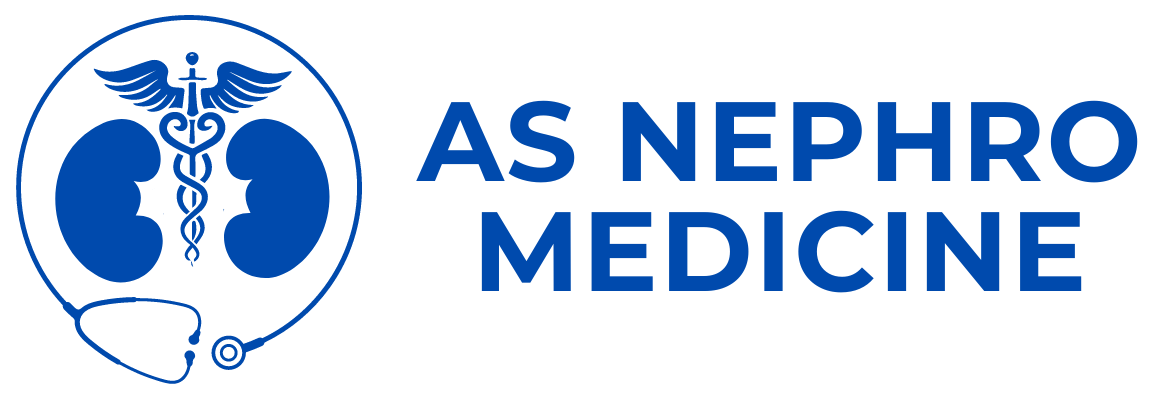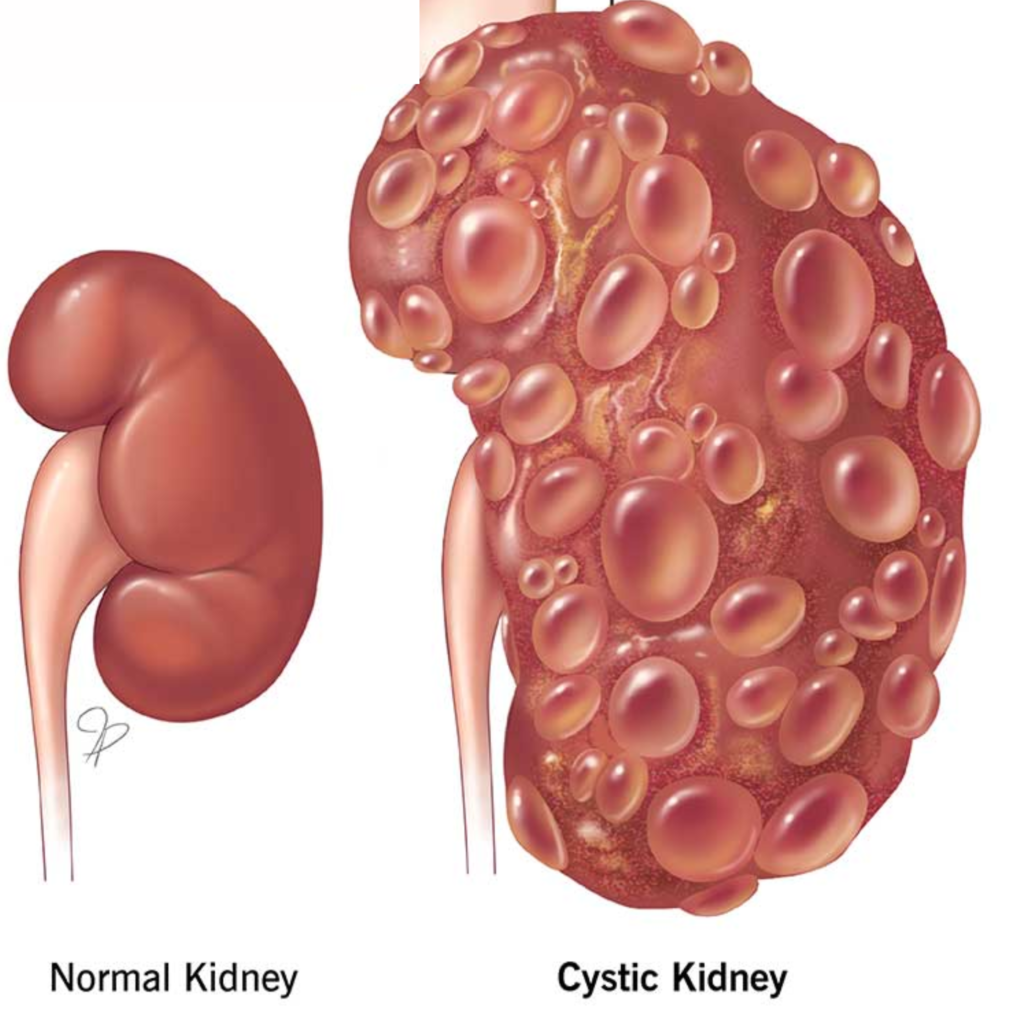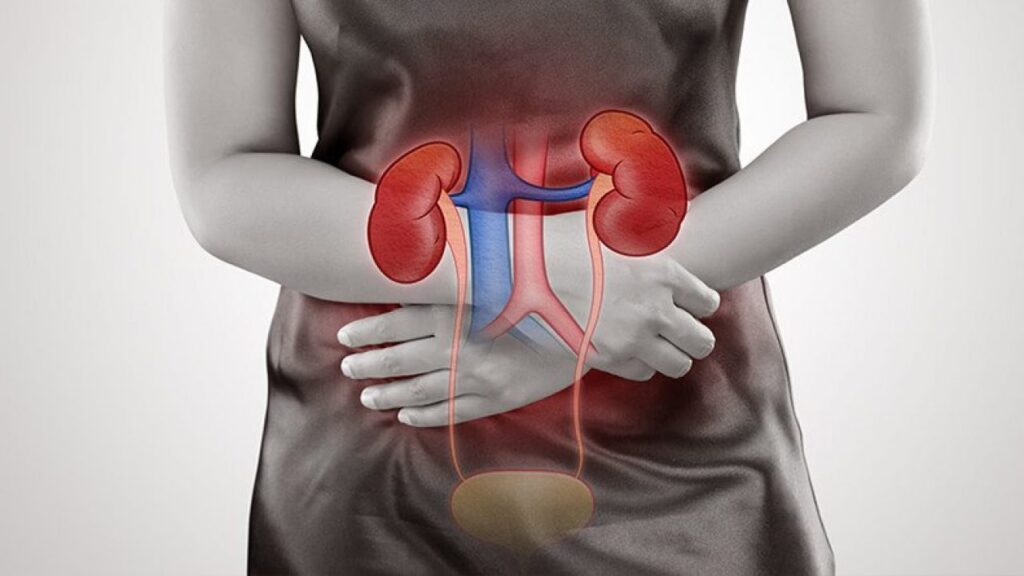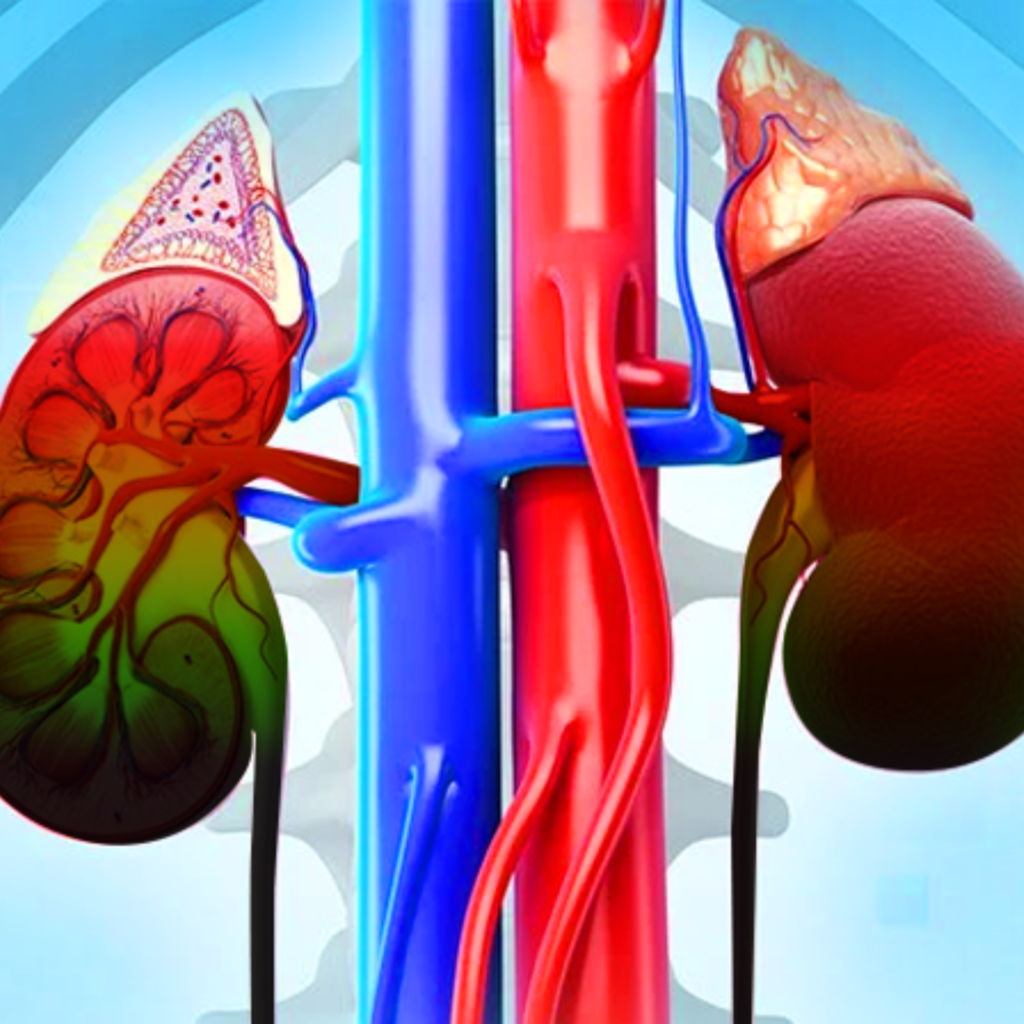Understanding Cystic Diseases: An Overview
Cystic diseases encompass a range of conditions characterized by the formation of cysts—fluid-filled sacs that can develop in various tissues and organs of the body. These diseases can vary widely in terms of their causes, symptoms, and treatments. In this blog post, we’ll explore the basics of cystic diseases, their common types, symptoms, diagnostic methods, and treatment options. What Are Cystic Diseases? Cystic diseases refer to a group of disorders where cysts form in different parts of the body. These cysts can vary in size and number and may be present in organs such as the kidneys, liver, ovaries, and lungs. Some cystic diseases are inherited, while others develop due to infections, blockages, or other underlying conditions. Common Types of Cystic Diseases Causes and Risk Factors The causes of cystic diseases vary depending on the type. Some are genetic, while others result from infections, blockages, or chronic conditions. Key risk factors include: Symptoms The symptoms of cystic diseases depend on the location and size of the cysts. Common symptoms include: Diagnosis Diagnosing cystic diseases typically involves a combination of the following methods: Treatment Options Treatment for cystic diseases varies based on the type, size, and symptoms of the cysts. Common treatments include: Living with Cystic Diseases Living with a cystic disease often requires regular monitoring and medical check-ups. Patients are encouraged to:
Understanding Acute Kidney Diseases: A Comprehensive Guide
What is Acute Kidney Disease? Acute kidney disease, also known as acute kidney injury (AKI), is a sudden episode of kidney failure or kidney damage that happens within a few hours or days. It causes waste products to build up in your blood, making it hard for your kidneys to maintain the right balance of fluids in your body. AKI can be severe and requires immediate medical attention, as it can lead to lasting kidney damage or even death if not treated promptly. Causes of Acute Kidney Disease Several factors can lead to the development of acute kidney disease: Symptoms of Acute Kidney Disease Symptoms of AKI can vary depending on the underlying cause and the severity of the condition. Common signs and symptoms include: Diagnosis of Acute Kidney Disease Diagnosing AKI typically involves a combination of blood tests, urine tests, and imaging studies: Treatment of Acute Kidney Disease The treatment for AKI focuses on addressing the underlying cause and supporting the kidneys while they recover. This may include: Preventing Acute Kidney Disease While not all cases of AKI can be prevented, there are steps you can take to reduce your risk:
Chronic Kidney Disease (CKD)
Chronic Kidney Disease (CKD) is a long-term condition where the kidneys gradually lose function over time. It is a serious health issue that can lead to kidney failure if not managed properly. Understanding CKD, its causes, symptoms, and management strategies is crucial for those affected and their families. What is Chronic Kidney Disease? CKD is characterized by a gradual loss of kidney function over months or years. The kidneys play a vital role in filtering waste and excess fluids from the blood, which are then excreted in the urine. When the kidneys are damaged, waste products and fluids can build up in the body, leading to various health problems. Causes of CKD Several factors can contribute to the development of CKD, including: Symptoms of CKD CKD often has no symptoms in its early stages. As the disease progresses, symptoms may include: Stages of CKD CKD is classified into five stages based on the glomerular filtration rate (GFR), which measures how well the kidneys are filtering blood: Managing CKD While CKD cannot be cured, its progression can be slowed with appropriate management. Key strategies include: Living with CKD Living with CKD requires adjustments and proactive health management. Patients should work closely with their healthcare team to develop a personalized treatment plan. Support groups and counseling can also be beneficial for emotional support and sharing experiences with others facing similar challenges.



